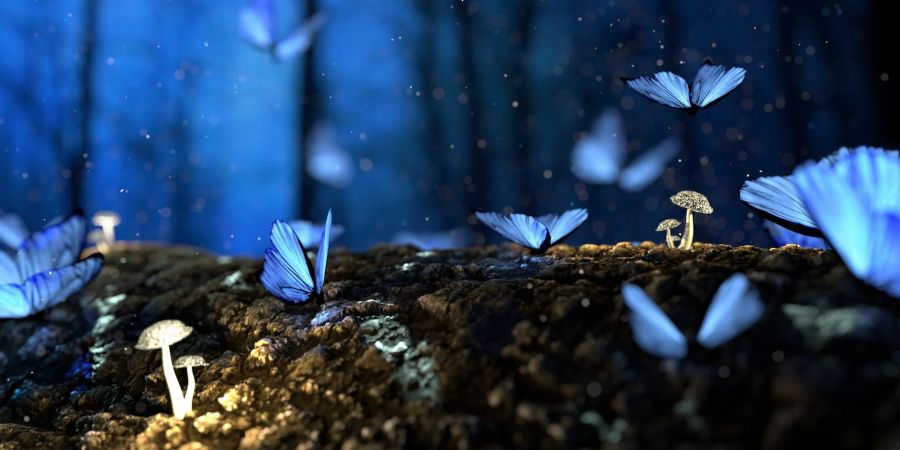

A strong human trait that enables us to imagine and experience new concepts and worlds in our brains is imagination. It is the capacity to generate ideas and mental representations that don't always match to things or things that happen in the actual world. The progress of science, art, literature, and technology has all depended on the use of imagination, which is a key component of human creativity.
As the capacity to envision new things is founded on past experiences and knowledge, imagination and memory go hand in hand. Our minds construct mental pictures by fusing new information with previously learned experiences, which enables us to come up with original and creative thoughts.
Creativity is more than just a way to pass the time or escape from the real world. It is essential to how we live our daily lives. For instance, when we make future plans, we employ our imagination to see several possible outcomes. In order to empathise with and comprehend the experiences of others, which is crucial for forming relationships and making social connections, we employ our imagination. By visualising many scenarios, imagination also enables us to come up with multiple answers and alternatives to difficulties.
The ability of imagination to lessen tension and worry is one of its most important advantages. Dopamine, a feel-good neurotransmitter, is released by our brains when we visualise favourable outcomes or scenarios. As a result, we might feel more at ease and upbeat and experience less stress. On the other hand, because we frequently envision the worst-case situations and concentrate on prospective issues, negative imagination can raise anxiety and stress levels.
On the other hand, if it is not employed properly, imagination can also have undesirable effects. Sometimes, imagination might result in false assumptions or expectations that don't match reality. For instance, those who have unreasonable expectations about their bodies can visualise the ideal figure and work to acquire it, which would result in unhealthy habits and behaviours. Delusions and incorrect beliefs can result from imagination, and they can have very negative effects.
A key factor in the growth of human culture and society is imagination, which is a strong and necessary human talent. It is crucial for problem-solving and future planning and is intimately related to memory and creativity. it may also have undesirable effects. It's crucial to develop a strong, realistic imagination and to apply it in ways that advance both our own and other people's wellbeing.


